Jack Healy writing for the NYTimes about food deserts in rural America:
The loss of grocery stores can feel like a cruel joke when you live surrounded by farmland. About 5 million people in rural areas have to travel 10 miles or more to buy groceries, according to the Department of Agriculture.
Dollar-store chains selling cheap food are entering hundreds of small towns, but their shelves are mostly stocked with frozen, refrigerated and packaged foods. Local health officials worry that the flight of fresh foods will only add to rural America’s health problems by exacerbating higher rates of heart disease and obesity.
I knew rural America had food deserts, but I was surprised recently learn they happen in Los Angeles too. I had realized it could happen in densely populated regions in the same way it could to sparsely populated places. Pop-up markets like Süprmarkt were LA’s answer in Leimert Park.
“Communities tell me: We don’t want to use the term co-op,” said Sean Park, a program manager for the Illinois Institute for Rural Affairs. He has helped guide rural towns through setting up their own markets. “It’s ironic because it was farmers who pioneered co-ops. They’re O.K. with ‘community store.’ They’re the same thing, but you’ve got to speak the language.”
Yet again, it always comes down to language. People are afraid of certain words.
But the challenges of starting a small grocery store at a time of increasing consolidation in the food business are daunting. The Great Scott! market could not persuade any wholesalers to work with them, so they bought a van and make regular trips to buy basics at a small markup from another supermarket.
“I called all the major chains, and if they didn’t laugh in my face they hung up on me,” said Shaun Tyson, a farmer in Mount Pulaski, a town about an hour from Winchester that is working to start its own co-op market by the spring.
A few states including Alabama, Nevada and Oklahoma have begun to study rural food deserts. They offer tax credits and loans to help stores finance construction projects and move to underserved places. In March, a bipartisan cluster of lawmakers in Washington proposed a new tax credit for grocery stores in food deserts.
But mostly, the people setting up crowd-funding sites to buy vegetable coolers and negotiating wholesale rates with huge grocery chains say they are stumbling around with little assistance and no map.
There is no easy fix here. And I’m sad to say that it’s likely going to get worse for rural parts of America.
